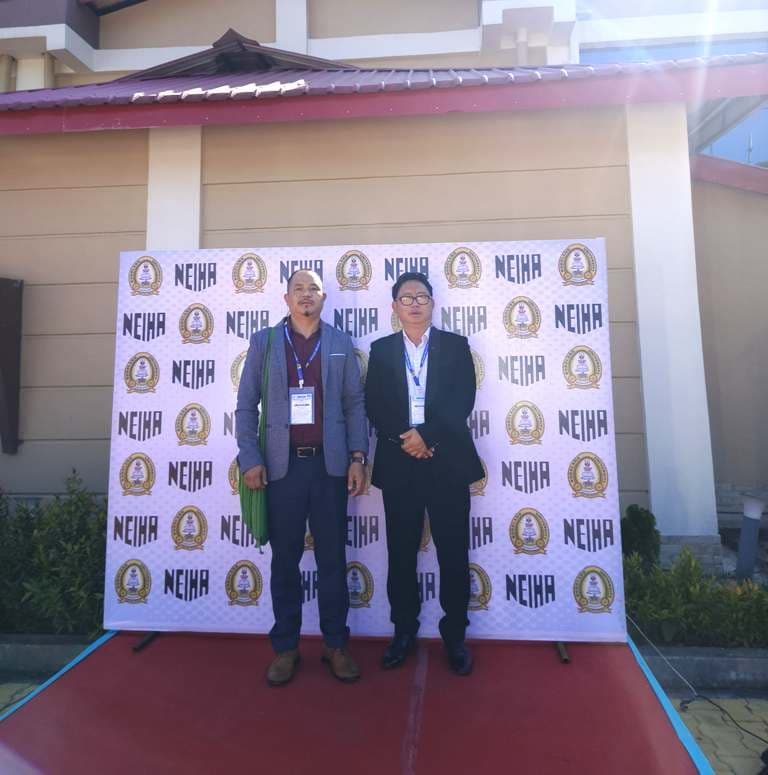Nagaland scholars presented research on the traditional Lotha pvüti at the NEIHA session, stressing decolonised interpretations of indigenous authority.
Share

DIMAPUR — Two scholars from Nagaland, Dr. Mhonthung Yanthan, assistant professor at St. Joseph’s College (Autonomous), Jakhama, and Dr. Libemo Kithan, associate professor at Mount Tiyi College, Wokha, presented a joint research paper titled “Reclaiming authority: Decolonising the traditional Lotha Naga chief” during the 44th session of the North East India History Association (NEIHA) held at Bodoland University, Kokrajhar, Assam, from November 17 to the 20th.
In their presentation, the scholars examined the traditional governance structure of the Lotha Naga society, highlighting that a village without a chief (pvüti) was regarded as incomplete in the traditional setting, according to an update.
The pvüti, as the head of the village, exercised supreme authority over socio-political and religious affairs, including the declaration of festivals and community ceremonies.
The researchers also outlined the traditional eligibility criteria for becoming a pvüti, which required the candidate to be of high social stature, moral integrity, and knowledge of ritual and customary laws and to belong to a reputed lineage.
Also read: Austria and Malta named Country Partners for Hornbill Festival 2025
Central team assesses flood and landslide damage in Chümoukedima, Sovima
Challenging colonial ethnographic interpretations, the paper argued that portraying the Lotha Pvüti merely as a “priest” is traditionally inaccurate and reductionist. The scholars asserted that the pvüti was, in fact, a comprehensive socio-political and religious leader, whose authority encompassed governance, law, and ritual responsibilities.
They further contended that it is inappropriate to refer to pastors and priests/catechists in Lotha Christian churches as pvüti, as the traditional title carries distinct cultural and political significance rooted in indigenous Lotha traditions.
The research called for a decolonised understanding of the traditional Lotha Naga Chief, emphasising the importance of reclaiming indigenous institutions and reinterpreting them through local epistemologies rather than colonial frameworks.